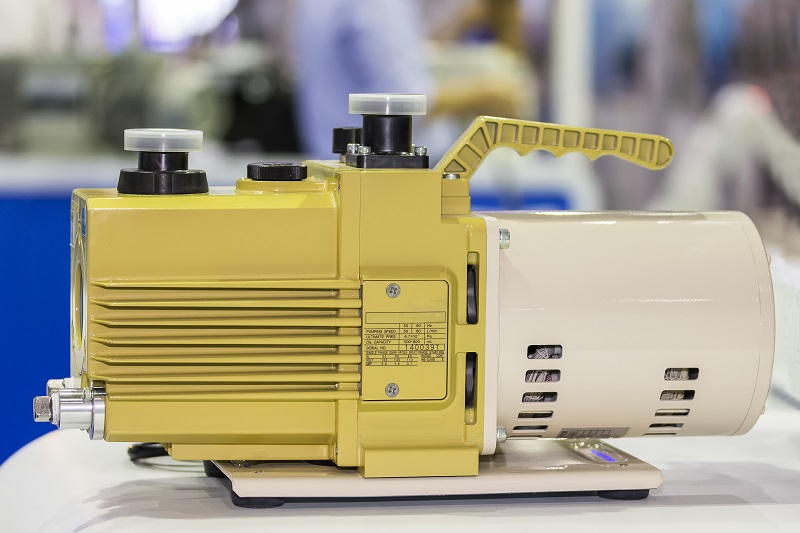We all know that the vacuum pumps are widely used in industrial, commercial as well as residential sectors. They are efficient in cleaning up better than most other equipment akin to it. It helps clean up stuff that normally would be extremely difficult to clean. However, before purchasing vacuum pumps, there are a few questions you need to ask and get answers to before you know what to get and why.
With the advancement of technology, vacuum pumps have turned out to be more eco-friendly and energy efficient. So, it is better to pick an energy efficient option and save money in the long run, which can be done by asking the right question.

Few basic Questions to Ask Before Purchasing
There are few fundamental questions that you must to enquire and get the answers to, and you will know what to look for when buying. The few questions have been mentioned below:
#1. What will it be used for? Demand arises from certain requirements, and that holds true in the case of vacuum pumps as well. Even though the main purpose remains the same, different vacuum pumps have different uses and are suitable for a particular purpose.
The important question to ask is what kind of material will be collected most of the times because a vacuum pump that is suitable for collecting certain material might not work at optimum efficiency rate otherwise. The different materials cleaned up by vacuum pumps are dust, debris, scrap metal, sawdust, food particles, floodwater, metal chips and flour and spices. There is a different kind of vacuum pump for each category.
#2. The quality of filtration system- The biggest question to be asked when choosing industrial vacuum pumps is the quality of filtration system. The filter’s role is to accumulate particles or grains while cleaning. Even though it exclusively depends on the environment or task, a filter that is recommended for vacuum pumps is the HEPA standard or a ULPA filter system. HEPA filters are 99.97% effective in cleaning out particles of a diameter of 0.3 micrometres. However, ULPA filters are even more reliable and efficient and used for cleaning places that need to be critically cleaned.
#3. Temperature-related concerns- Each vacuum pump has a life span and the ability to endure extreme conditions. Vacuum pumps pull the air or suck the air towards the system and therefore subjecting the machine to extreme conditions may risk its span and cost it the efficiency. Gases that are at high temperatures can have a bad effect on the oil that cools the system. Not to mention the contamination it would bring with it. It is the same with cold temperatures. Unless proper protection is used when subjecting the vacuum pumps to such extreme temperatures, the machine can get damaged in a matter of time only.
#4. What the cost of operation would be- Initial investment and cost of service including repair, servicing costs, internal services, etc. need to be considered. Now depending on the size of the industry, one can opt for low-cost ones. However, these will require higher operational costs and service costs which eventually might add up to be a lot in the future.
However, large-scale industries often prefer good quality vacuum pumps since the overheads and hidden costs like operational costs are reduced by a considerable amount. The initial purchase amount might be a little more than its low-cost alternatives, but is more pocket-friendly in the long run.
#5. What is the capacity – You might have a certain expectation or quantum of work in mind which the vacuum pump needs to meet regarding capacity; otherwise it will just be a waste of money.
Hence, those were some of the basic questions one must always ask before spending your money on an industrial vacuum pump.
